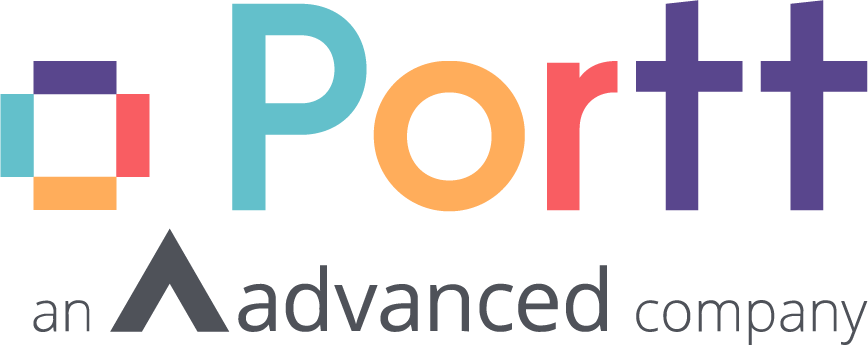What is good fleet management?
It’s a question a lot of fleet operators ask. So do company CEOs and CFOs – especially when things don’t turn out as planned.
Here’s the answer:
Good fleet management is good contract management.
That’s it.
Good contract management.

Best-practice fleet management is all about these things:
- Vendor relationships
- Key Performance Indicators (KPIs)
- Capital spend vs. operational spend
- Long-term forecasting
- Regular performance analysis
You’ll notice these are the same items you find inside most contracts – whether it’s written or implied.
And because good fleet management is, in effect, good contract management, we’ve partnered with leading fleet data analytics company Uniqco.
“Our clients work with us because they need the best sourcing, contract, and supplier management platform,” says Chris Holmes, Portt’s Co-CEO and Founder. “Portt is the fastest-growing Service-to-Contract SaaS platform in Australia and New Zealand. And by teaming up with Uniqco and its fleet data analytics, our clients can also get the best contract management for their fleet operations.”
Here’s why this is a big deal for the fleet management world:
When you buy, hire, lease, or rent a mobile asset – whether it’s a car, commercial vehicle, or machinery, you create this:
An expectation that it will perform as advertised. Just like a contract.
It doesn’t matter if it’s a road grader, mining truck, or luxury car. Or a chainsaw. The people ultimately responsible in your organisation will expect it to perform as claimed. And so will the people who operate it.
They’ll expect these things:
- That the vehicle or machine will be available when it’s needed.
- That it will perform as required.
- That it will consume fuel and maintenance as described.
- And so on.
To properly manage fleet contracts, you need to merge and manage a lot of data. And this is where Uniqco’s fleet data analytics comes in. It helps answer these two critical questions:
- How is my vendor performing (against what they promised with their product)?
- And how are my users of the vehicle or equipment performing (against what they need from it)
You need to measure both of these with specific KPIs:
Usage: How many KM or engine hours is the vehicle or machine logging? This needs to be monitored. If your usage is low, there are plenty of alternative solutions.
Scheduled maintenance: This must always be carried out on time and to manufacturer requirements.
Unscheduled maintenance ratio: Repairs are a giveaway for how your vehicles and equipment are being operated. Engineers don’t design machines to fail. They design them to work as intended. Systems, processes, and people are behind 80% of all repairs.
Fuel consumption: Monitoring fuel use doesn’t just keep a check on fuel theft. It has other benefits, such as detecting mechanical issues, excessive idling, and aggressive operation.
Replacement: Too many fleet operators replace their mobile assets too soon. This wastes a LOT of money. Optimum replacement times for vehicles and machines are based on maths, logic, resale value, and maintenance costs – not emotions.
Looking at all of this, you can see why good fleet management really is good contract management. And this is why the Uniqco-Portt partnership lets fleet operators get the best value from their mobile assets – from procurement and throughout their lifecycle.
After all, every one of your mobile assets has a role to fulfill – every day. And this is why it pays to remember that good fleet management is always good contract management.



